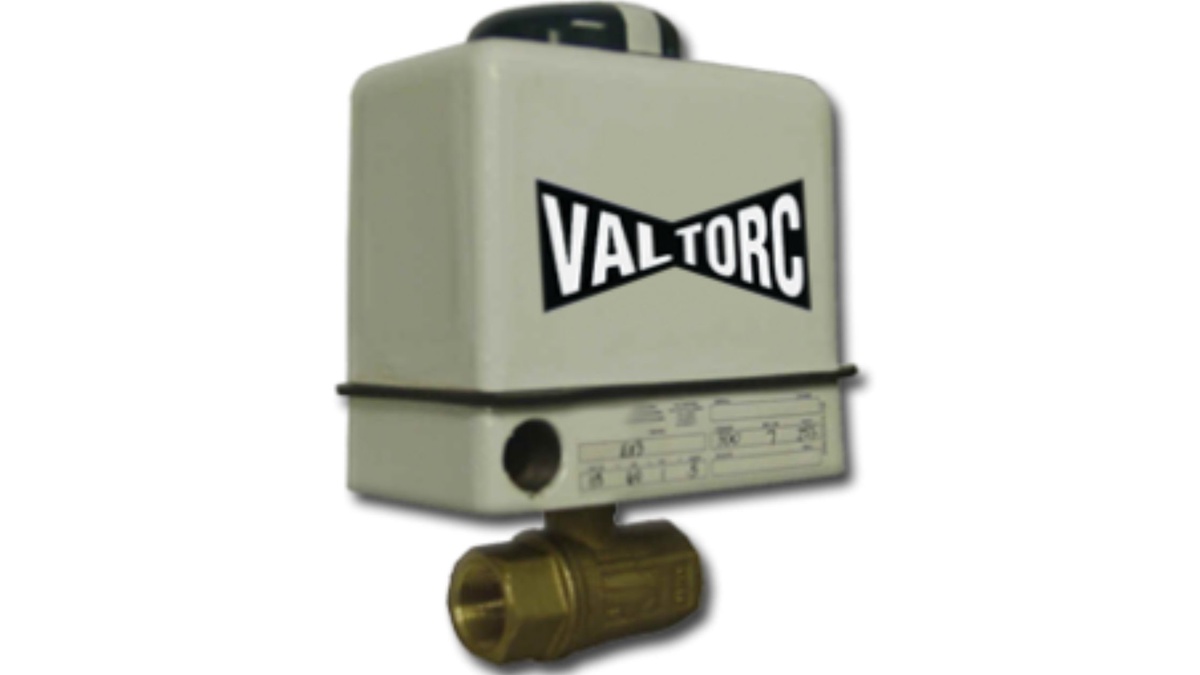Introduction:
In today's industrial landscape, precise control and efficient automation are paramount. Actuator valves, particularly electrically actuated valves, have emerged as key components in various industries. In this article, we will explore the features, benefits, and applications of electrically actuated valves, shedding light on their role in optimizing control systems and enhancing operational efficiency.
Understanding Actuator Valves:
Actuator valves are devices that regulate the flow of fluids or gases in a system. They consist of a valve body and an actuator, which provides the necessary force to open or close the valve. Electrically actuated valves are a type of actuator valve that utilize an electric motor to drive the valve's movement. This electrical actuation offers several advantages over other actuation methods.
Advantages of Electrically Actuated Valves:
Precise Control:
Electrically actuated valves provide precise control over the flow of fluids or gases. The electric motor allows for accurate and repeatable positioning of the valve, enabling operators to fine-tune the flow rates and optimize process parameters. This level of control is especially critical in applications where precise regulation is essential, such as in pharmaceutical manufacturing or chemical processing.
Fast Response:
Electrically actuated valves offer fast response times, enabling quick adjustments to changing process conditions. The electric motor can rapidly open or close the valve, allowing for swift changes in flow rates and preventing delays in critical operations. This responsiveness is particularly valuable in industries where real-time control is necessary, such as in power generation or water treatment.
Remote Operation and Automation:
Electrically actuated valves can be easily integrated into automated control systems, enabling remote operation and automation. They can be controlled and monitored from a centralized control room, eliminating the need for manual intervention. This remote access and automation enhance operational efficiency, reduce labor costs, and improve safety by minimizing human interaction in hazardous environments.
Flexibility and Modularity:
Electrically actuated valves offer flexibility and modularity in system design. They can be easily integrated into existing infrastructure, making them suitable for retrofitting projects. Additionally, electric actuator technology allows for modularity, enabling easy interchangeability of actuators or valves to meet changing process requirements.
Energy Efficiency:
Compared to other actuation methods such as pneumatic or hydraulic systems, electrically actuated valves are more energy-efficient. The electric motor only consumes power during actuation, minimizing energy waste and reducing operating costs. This energy efficiency is particularly beneficial in industries with high valve density or continuous operation, such as HVAC systems or industrial automation.
Applications of Electrically Actuated Valves:
Industrial Processes:
Electrically actuated valves find extensive use in various industrial processes, including chemical processing, water treatment, oil and gas refining, and pharmaceutical manufacturing. They enable precise control of flow rates, pressures, and temperatures, ensuring efficient and reliable operation of critical processes.
HVAC Systems:
In heating, ventilation, and air conditioning (HVAC) systems, electrically actuated valves regulate the flow of air or fluids to maintain optimal temperature control. They contribute to energy savings by accurately modulating the flow based on temperature and occupancy conditions, improving overall system efficiency.
Water Management:
Electrically actuated valves play a crucial role in water management systems, including irrigation, water distribution, and wastewater treatment. They enable precise control of water flow, ensuring efficient water usage, preventing leaks, and maintaining water quality.
Conclusion:
Electrically actuated valves offer precise control, fast response times, remote operation capabilities, flexibility, and energy efficiency. These advantages make them indispensable in a wide range of industries and applications, from industrial processes to HVAC systems and water management. By incorporating electrically actuated valves into their control systems, businesses can enhance operational efficiency, optimize process parameters, and achieve greater control over their operations.


No comments yet